Servier invests close to 20% of revenue from brand-name medicines in R&D each year.

Research & Development
RESEARCH & DEVELOPMENT
Picking up the pace of research and efforts to develop new therapeutic solutions
Our ambition is clear: to strengthen our leadership position in select therapeutic areas, especially rare cancers. To achieve this, we are focusing our research efforts, leveraging open innovation and AI.
Day in, day out, our teams work tirelessly to discover and develop medicines where patient needs are not yet adequately covered.
Our independence, a guarantee of long-term R&D investments and choices
Servier’s governance model headed by a non-profit foundation aligns perfectly with the long-term perspective required for research and development. Our independence from financial market in particular means we can invest heavily in R&D to innovate and develop new medicines, guided by a long-term vision.
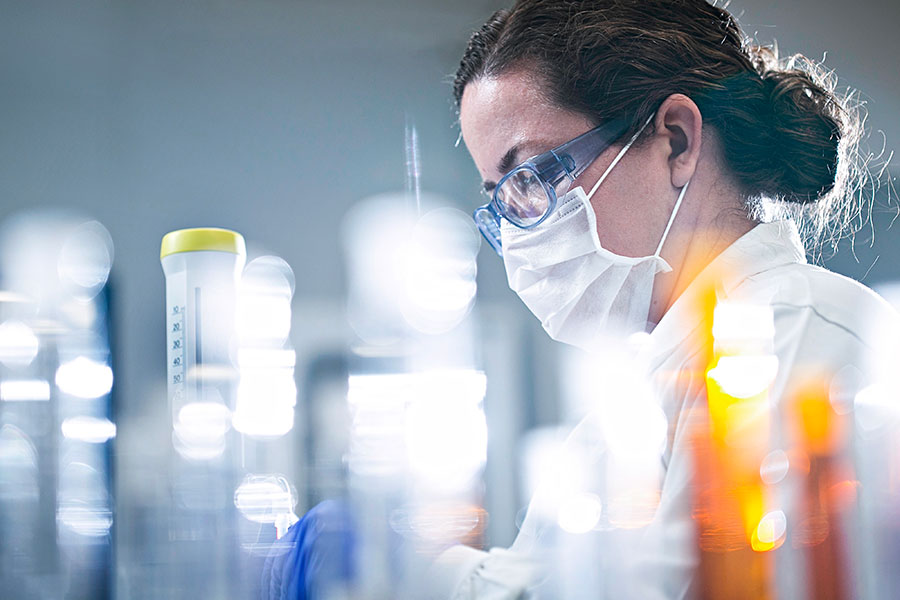

High-performing R&D to serve patient needs
Our R&D model is built around a number of core elements that will drive progress and therapeutic performance. We focus on transformative medicine projects that truly revolutionize patient care. Our pipeline reflects our desire to concentrate on the quality and potential of R&D projects. Our cross-functional and multi-disciplinary teams strive to accelerate the pace of our development process, which puts patient well-being at its heart.
Patient is also at the heart of everything we do in R&D, which is why we focus on translational medicine. This collaborative approach serves to better understand the disease and speed up the process of moving candidate drugs through the various clinical phases. It relies in particular on the use of innovative biomarkers that provide information about the effect of treatment on the disease for different groups of patients.
Opening the door to new discoveries
In order to move to the next level, we drive fresh momentum by concentrating our efforts in key therapeutic areas.
In oncology, we aim at developing precision therapies with a transformative clinical benefit for cancer patients lives. In neurology, we primarily address specific diseases to respond to the as yet unmet medical needs of patients. Finally in cardiometabolism, we focus on innovation in life cycle management. We therefore capitalize on our existing medicines and expertise in incremental innovation, in particular by developing single pill combinations, which also encourage patients to adhere to their treatment.
Targeting cancers with IDH mutations
One of our most advanced projects involves our therapies targeting certain IDH-mutated cancers, which seek to stop the tumor from growing or spreading. They act in a targeted manner on molecular anomalies or the mechanisms causing cancerous cells to develop and spread. Our research and development focuses on molecules that target the IDH mutation both in solid tumors and hematologic cancers.
Investing in precision medicine to combat rare diseases
DNA within cells sometimes presents anomalies responsible for producing deficient proteins. Antisense oligonucleotide (ASO) technology seeks to stop the production of these defective proteins. It targets the RNA (the temporary copy of DNA) responsible for their creation. ASO technology offers potential treatment for particularly rare genetic diseases, as well as more common diseases such as myocardial infarction, neurodegenerative diseases and strokes.
Incremental innovations serving therapeutic adherence
The dosage form of a medicine can also play a crucial role in helping patients adhere to their treatment. It is a central focus of our development activities. Single Pill Combinations are another key example of these efforts. They combine several active ingredients within a single pill, making it easier for patients to take their treatment and therefore encouraging them to continue taking it over time.
Research in rare diseases: a great potential for medical innovation for patients
Research in rare diseases holds some of the greatest potential for medical innovation for patients. Interview with Nicolas Lévy, professor of medical genetics, chief scientist rare diseases at Servier.
Effectively leveraging digital technology to boost the therapeutic performance of our projects
We explore and exploit the capacity of digital technology, data and AI to discover new medicines more rapidly, optimize diagnoses, boost our understanding of diseases and improve medication adherence.
For example:

Therapeutic innovation: Focus on artificial intelligence!
Recent years have seen far-reaching changes in medical research, thanks to the advent of data processing tools using artificial intelligence (AI). This technology paves the way to considerable time saved in drug discovery and to more personalized medicine.
Discover our Research & Development centers
Research and Development Institute at Paris-Saclay
In 2023, our Servier Research and Development Institute opened its doors at Paris-Saclay. In a few years time, this scientific hub of excellence will be home to nearly 25% of all scientific research activities in France. The idea is that Servier will be able to develop a more agile and open approach to R&D that centers even more closely around the patient to speed up the discovery of innovative therapeutic solutions.
The overriding aim of the Servier R&D Institute at Paris-Saclay is to combine the Group’s innovation potential with a powerful ecosystem and a center of scientific excellence. In choosing to integrate Paris-Saclay, we are also helping to drive momentum in the local economy and boosting the profile of French research.
In France, we have two other R&D centers: one at Orléans-Gidy in the Loiret region, and another at Bolbec in Normandy.
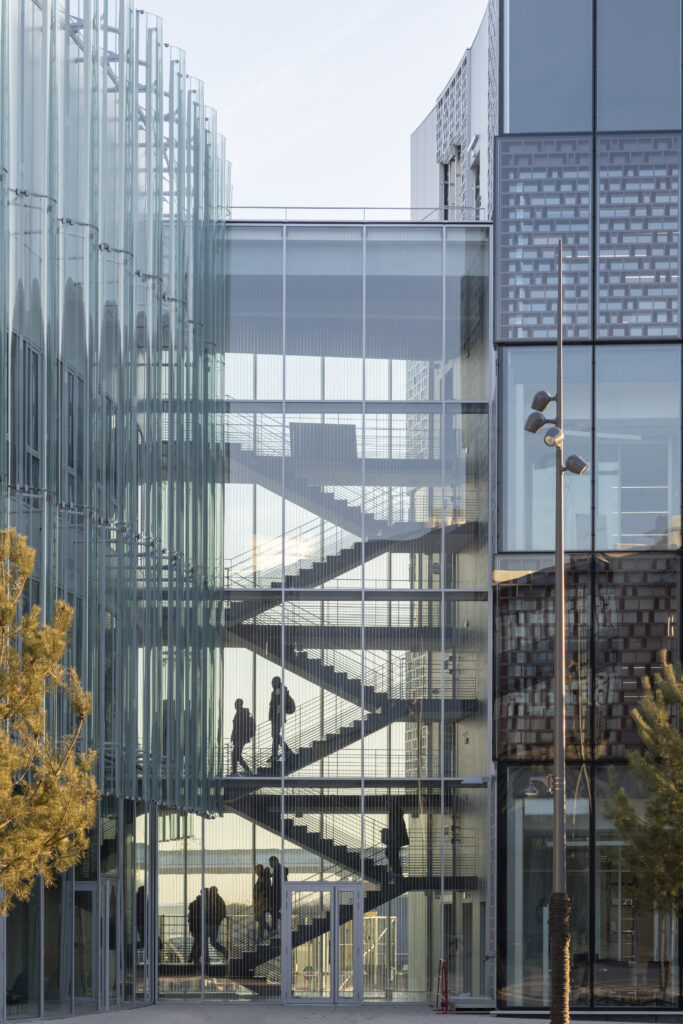
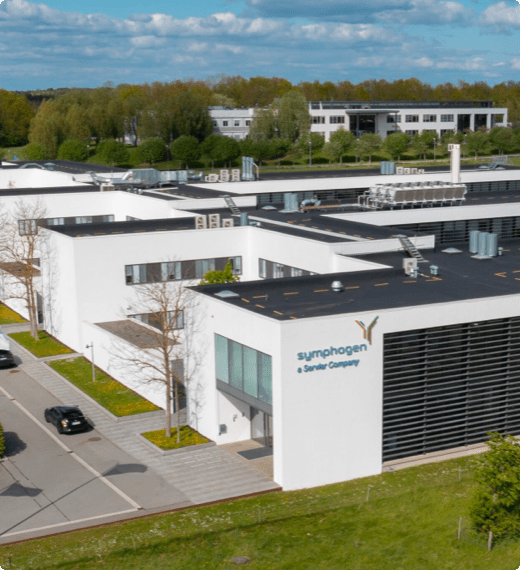
In Denmark: Symphogen
Symphogen is the Servier Group center of excellence for innovative and high-quality monoclonal and bi-specific antibodies, which are particularly effective in identifying and neutralizing cancer cells.
Founded in 2000 and based in Denmark, Symphogen has developed an efficient research platform that can rapidly identify high quality monoclonal and bi-specific antibodies. It is supported by comprehensive early development capabilities and boasts strong early in vitro and in vivo capabilities across oncology and immunotherapy.
In the United States: our R&D center in Boston
By acquiring the oncology division of Agios Pharmaceuticals in 2021, we bolstered our presence in the US. We have enriched our portfolio of oncology treatments as well as our pipeline of research projects in this area. The Group’s R&D teams have subsequently integrated the world’s premier health innovation hub in Boston, US, where our new R&D center opened its doors in 2022.
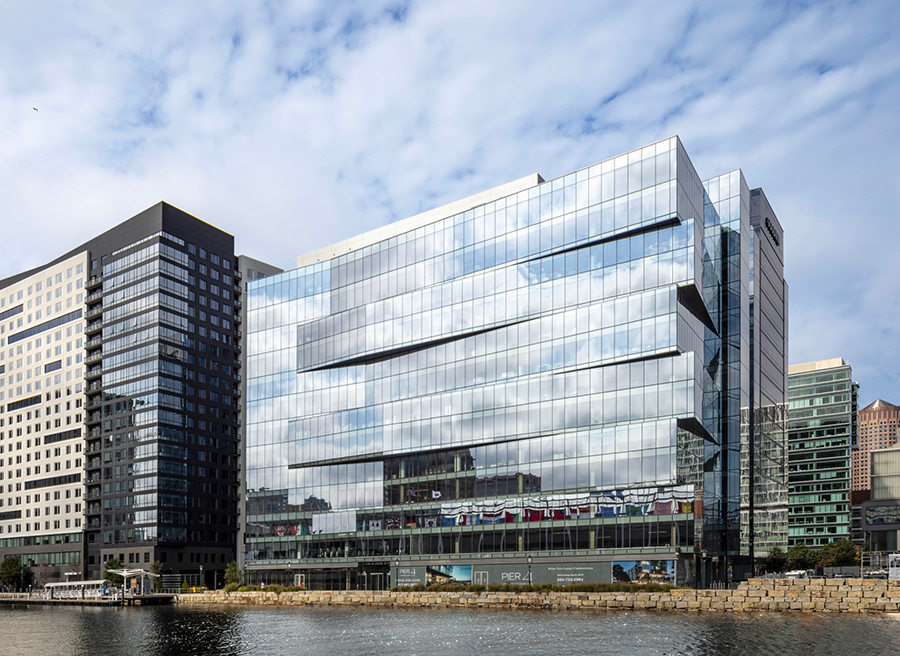
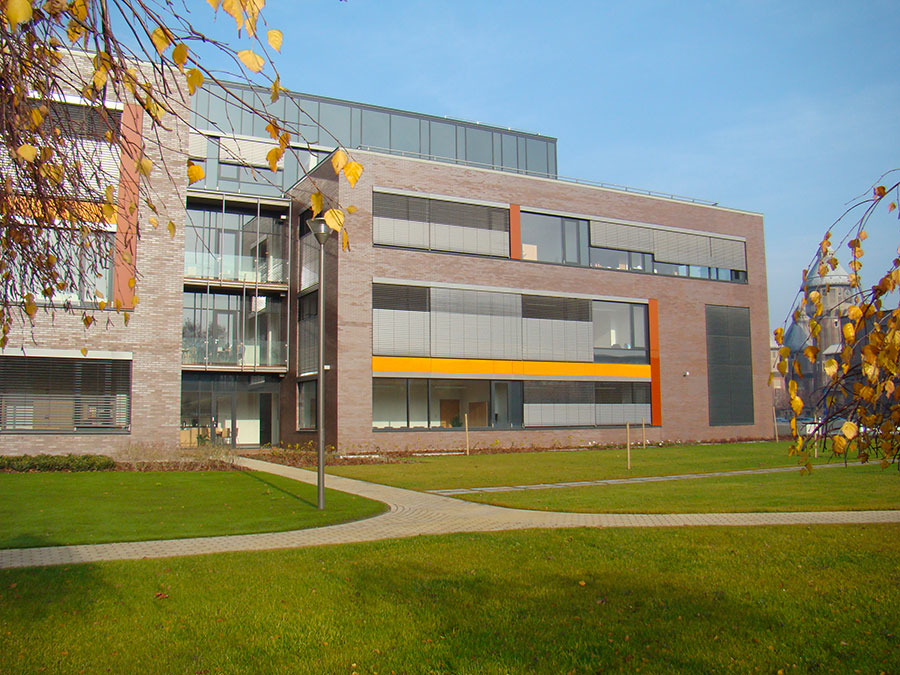
In Hungary: Research Institute of Medicinal Chemistry in Budapest
The Servier Research Institute of Medicinal Chemistry in Budapest, Hungary, is developing new medicines in fields with considerable medical needs. It is specialized in medicinal chemistry.